Cotton LEADS℠ Partner, Target, Announces A New Cotton Innovation Challenge With the International Space Station
July 19, 2017
Selected proposals from this challenge, sponsored by Target Corporation, will be awarded funding and will launch to the International Space Station U.S. National Laboratory.
Washington, D.C. (July 19, 2017) — The Center for the Advancement of Science in Space (CASIS) today announced a cotton sustainability challenge, sponsored by Target Corporation, where researchers and innovators will have the ability to propose solutions to improve crop production on Earth by sending their concepts to the International Space Station (ISS) U.S. National Laboratory. The challenge will leverage a broad range of disciplines to find breakthrough solutions that can be implemented affordably and benefit the cotton production community.
Through this funding opportunity, CASIS and NASA will facilitate on-orbit access to the ISS National Lab to advance cotton sustainability solutions that may include projects in plant biology, water technology or remote sensing technologies. The challenge is slated to run from September 1st through November 1st, 2017. The announcement was made at the 6th annual ISS Research and Development Conference in Washington, D.C.
Cotton is a natural plant fiber produced in many countries and one of the most important raw materials required for the production of textiles and clothing. Cotton cultivation requires sustainable access to natural resources like water that are increasingly threatened. This challenge seeks to engage the creative power of the research community to leverage the ISS National Lab to innovate and generate ideas that will improve the utilization of natural resources for sustainable cotton production.
From its vantage point in low Earth orbit, the ISS orbital path covers over 90% of the Earth’s population and provides the agricultural community unique perspectives on sustainable crop production and water usage. In the absence of gravity, researchers can observe plant adaptation – changes in physiology, behavior and development – to a new environment never before experienced by the plant. Water stress in microgravity is enhanced and can provide insights into ways to reduce requirements for natural resources and improve plant yield. Additionally, the unique high-quality and long-duration microgravity environment on the ISS National Laboratory has many benefits for the study of fluid dynamics processes. Many processes that affect the behavior of fluids on Earth are absent in microgravity and could lead to a better understanding of ways to enhance sustainability on the ground.
“The ISS National Laboratory provides researchers an unmatched ability to look at variables in new and novel manners,” said CASIS Director of Commercial Innovation Cynthia Bouthot. “Additionally, the ability to partner with Target to enhance global humanitarian efforts and gain insight into ways microgravity can improve cotton sustainability will bring great value and benefit for life on Earth.”
Researchers are encouraged to submit concepts focused on, but not limited to: fluid dynamics, fluid flow, cotton or plant germination, different cultivars of cotton genetics, water uptake and gene expression. Data generated from the research experiments selected will be provided to the public, with the hope that the discoveries made can be leveraged by other researchers and product developers.
For more information and to sign up for updates:
https://www.iss-casis.org/cottonsustainabilitychallenge


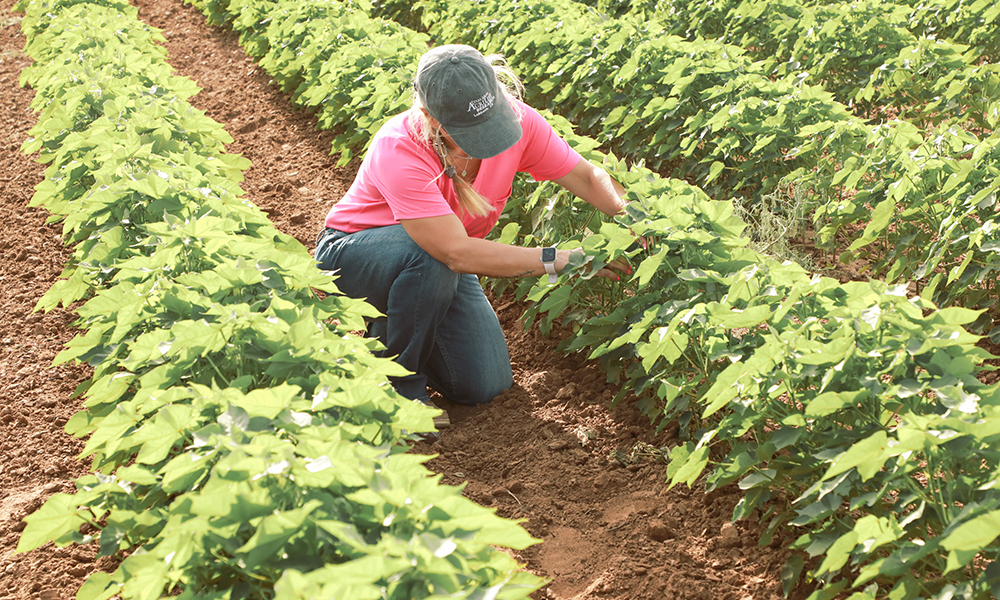
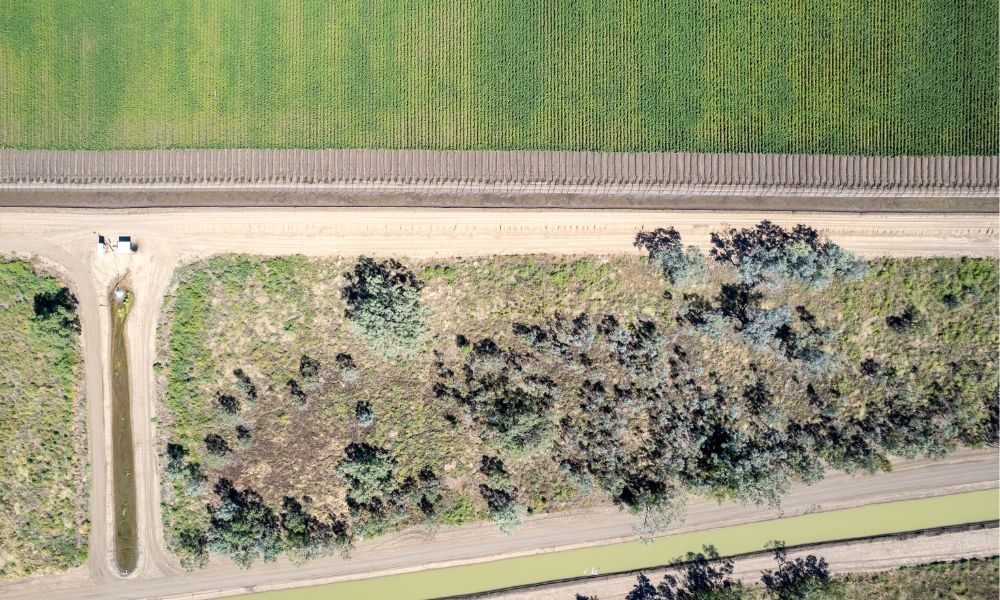
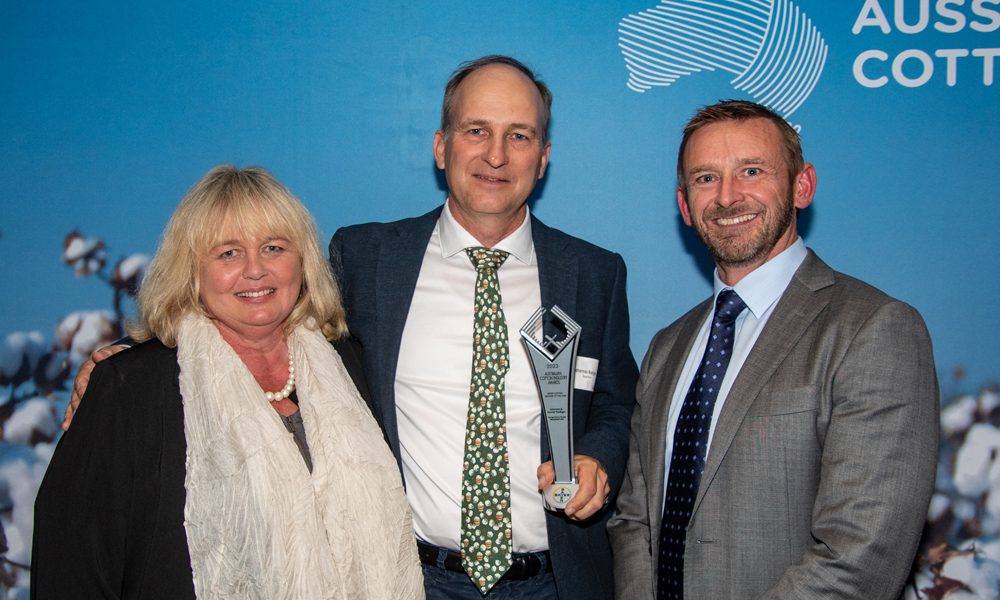

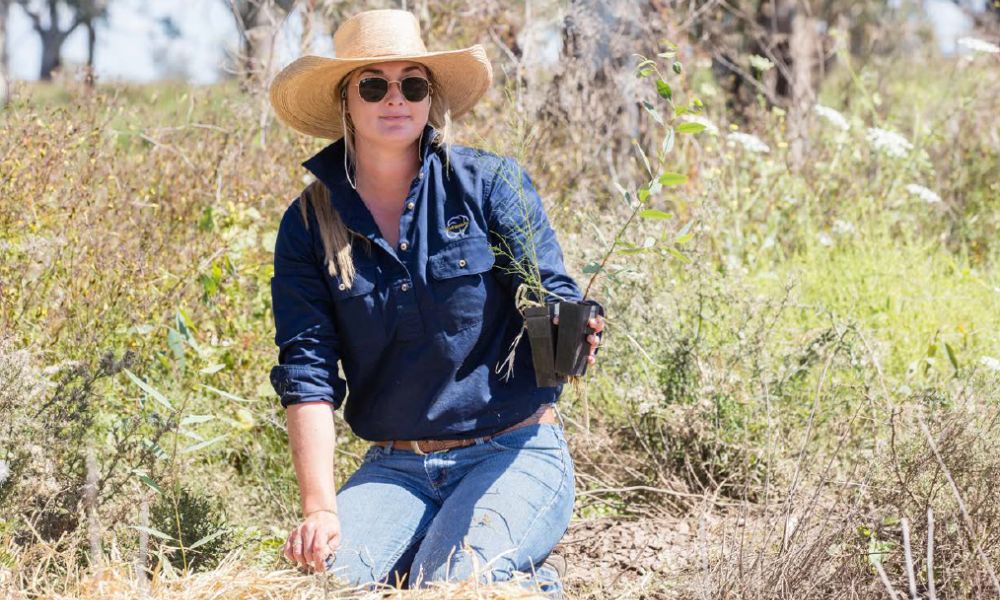
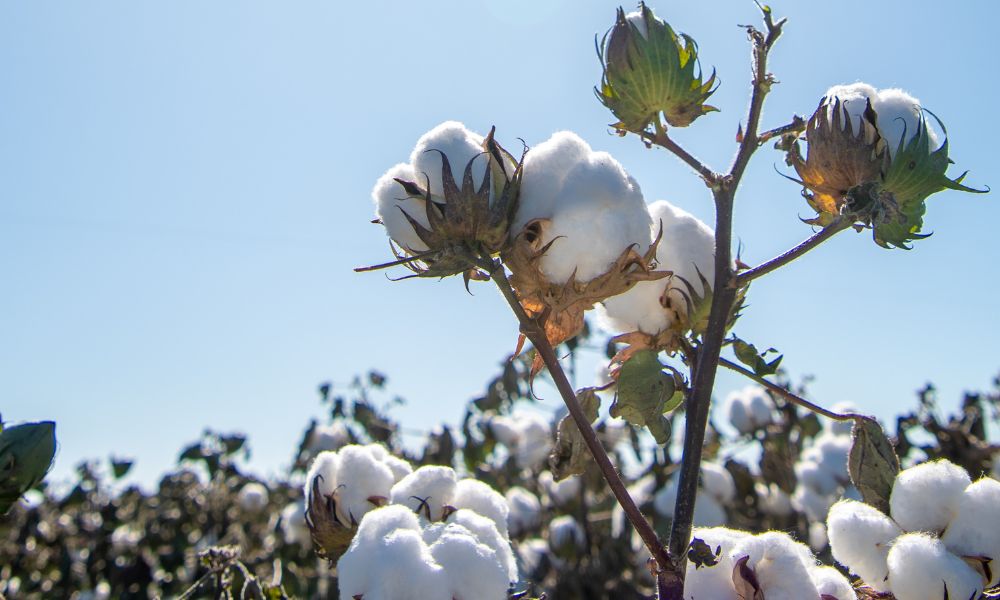

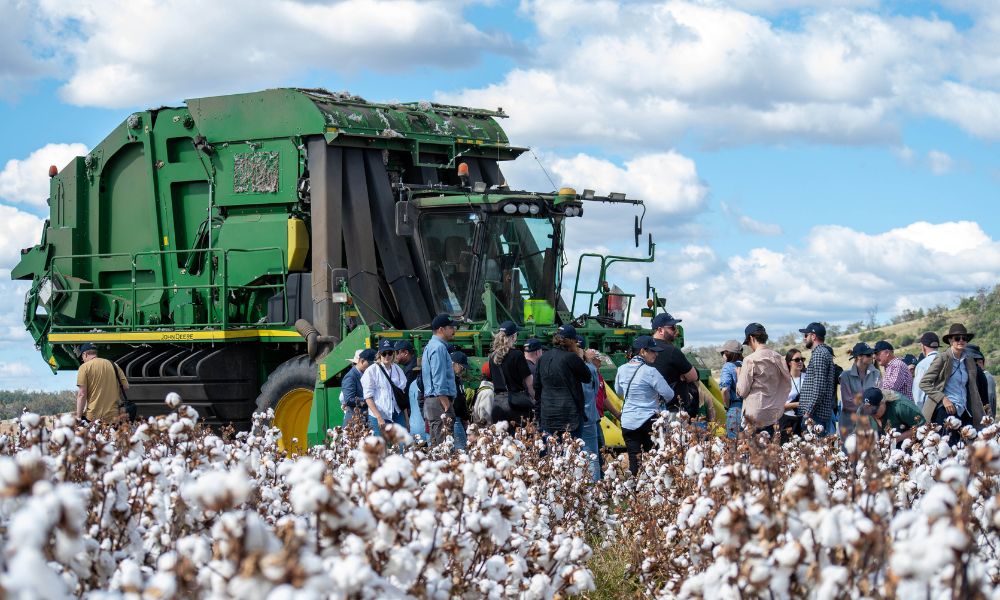
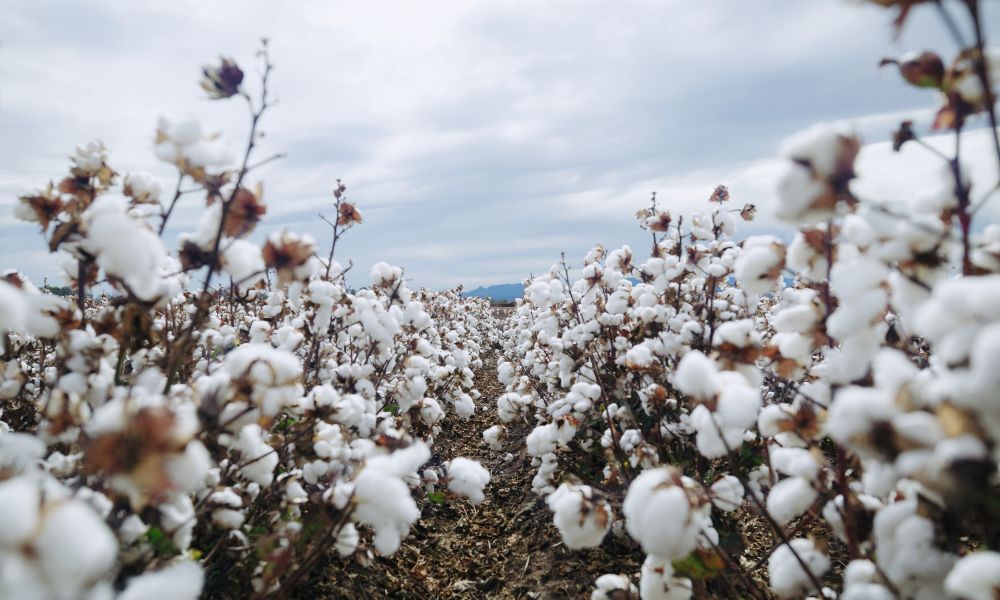
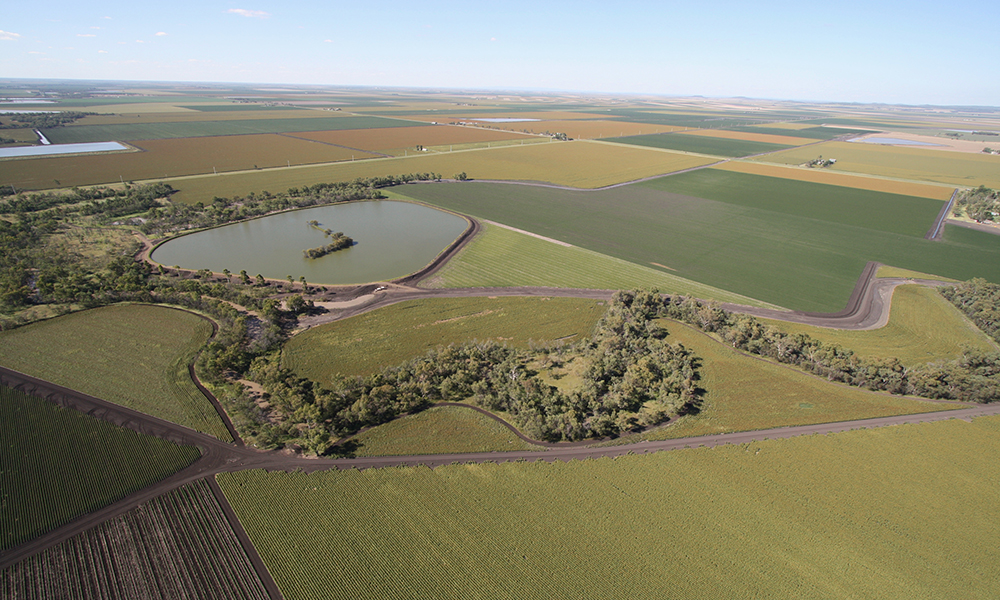
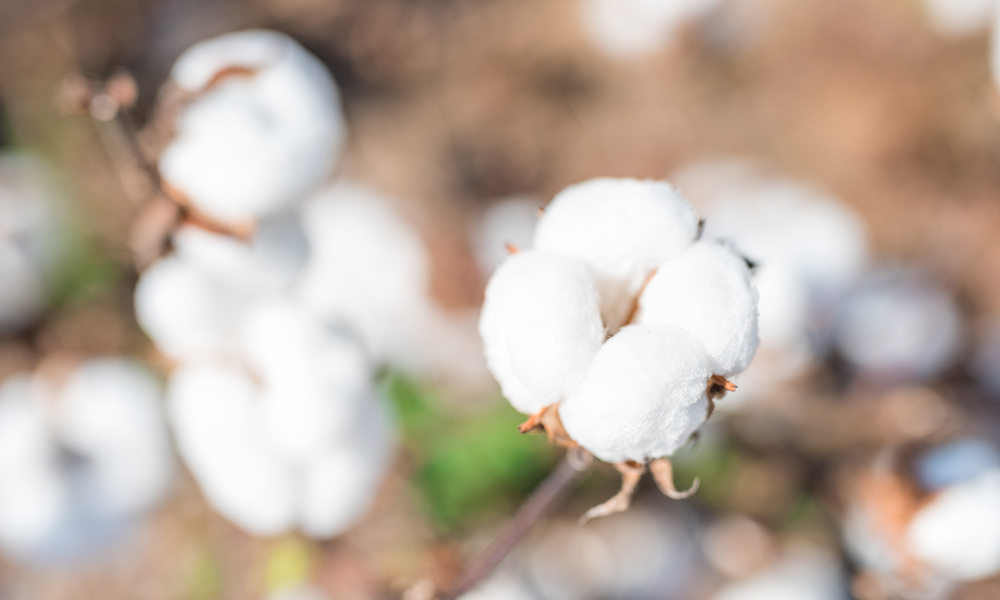

Recent Comments